Surviving College: Unmasking the Top 5 Mental Health Challenges and Discovering Ways to Get Help
Dec 25, 2023
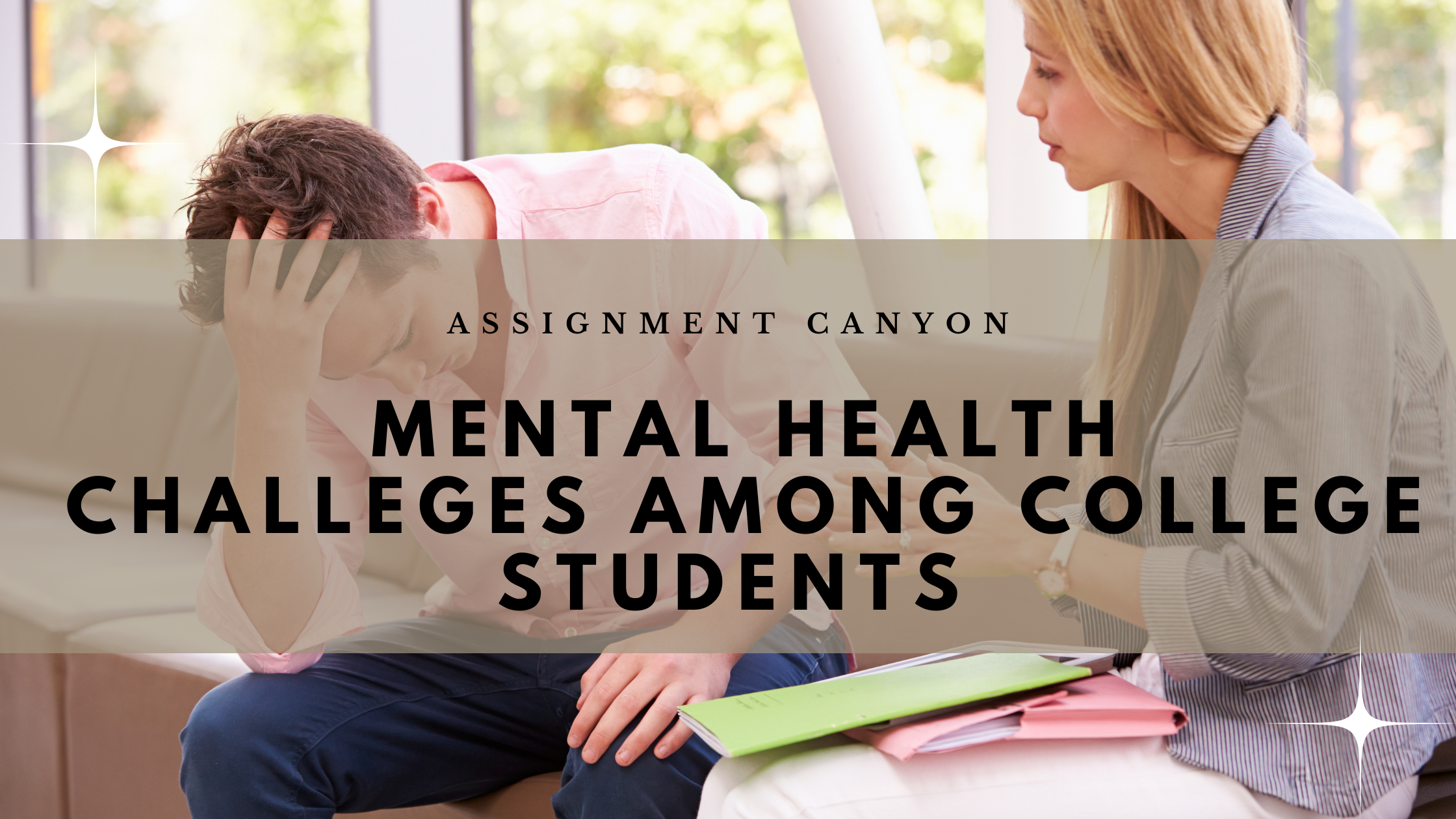
Starting a higher education journey is frequently viewed as a life-changing and enriching experience, a period for introspection, intellectual development, and the creation of enduring relationships. But despite its ideal appearance, college life can present certain difficulties, especially in terms of mental health concerns. This stage of life becomes a difficult balancing act for many students between their personal growth, social expectations, and academic obligations.
The difficulties college students encounter with their mental health have come to light more and more in recent years. The pressures of rigorous academic work combined with the desire for a social life and the uncertainty of the future can be a recipe for mental health problems to arise. The intricacies of interpersonal interactions and the pressure of deadlines and exams can be particularly taxing on students' mental health in the college setting.
In this blog series, we delve into the intricate web of mental health challenges that college students often encounter. Through insightful discussions, personal narratives, and expert perspectives, we aim to shed light on the multifaceted nature of these challenges and provide valuable insights into coping mechanisms and support systems. It is crucial to foster a culture of understanding and empathy around mental health in academic settings, empowering students to navigate these challenges while maintaining their overall well-being.

Introduction
Ah, college – the ultimate time of self-discovery, intellectual growth, and let's not forget, late-night pizza. But it's not all sunshine and lattes in the quad. Behind the facade of thrilling college life, there lurks a less-discussed topic: mental health treatment challenges. There's no shame in it, really. Life throws curveballs, and sometimes, our minds struggle to hit them out of the park (or even dabble in some cricket, for my friends across the pond). So, let's talk about mental health issues, my fellow scholars – because recognizing and confronting issues of mental health treatment head-on is the first step towards healing.
Mental health challenges in college and mental health professionals are a significant concern, affecting a substantial number of students. The transition to college life comes with various stressors, academic pressures, social changes, and newfound responsibilities, all of which can contribute to mental health issues.
Common mental health challenges faced by college students:
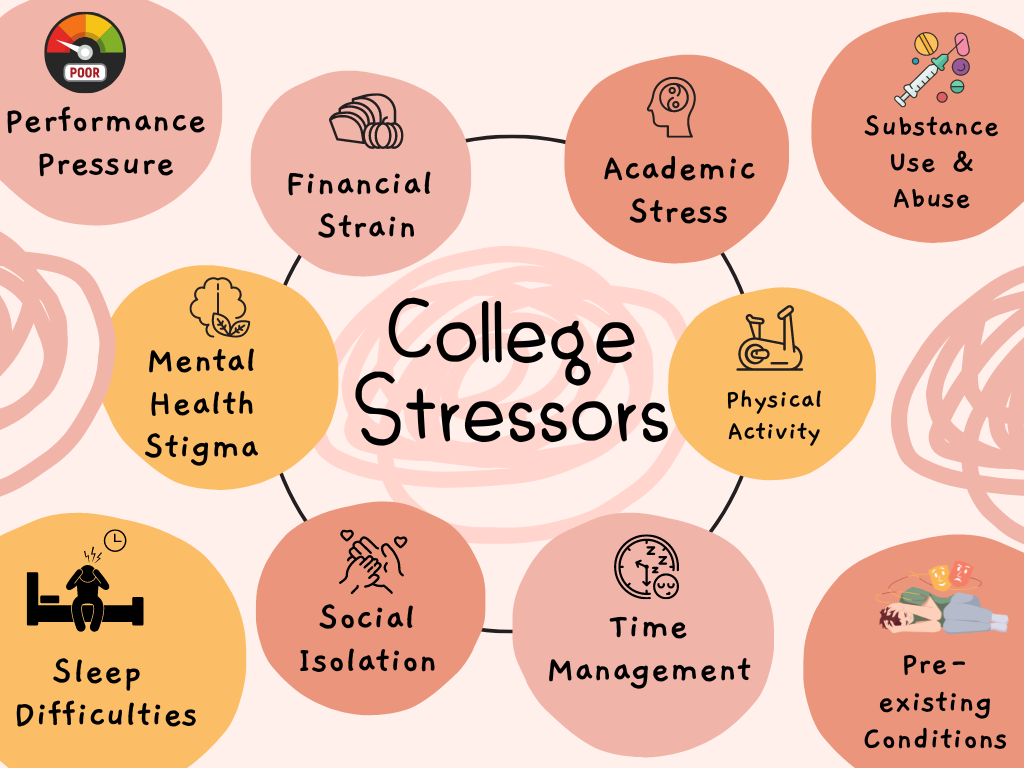
1. Academic Stress:
Part of academic stress can stem from the following -
-
Pressure to excel in academics.
-
Fear of failure and the impact on future opportunities.
-
inability to understand the coursework,
-
overwhelmed with many assignments,
-
procrastination of classes and assignments,
-
inability to balance school work and other aspects of life
Solve Academic stress by having someone else handle all your assignments:-
To overcome these issues, you can consider getting someone else to complete your assignments at affordable rates. On this platform, we have brought together tutors with the ability to help you complete your assignments based on your requirements. The assignments are customized to meet your writing styles, and lecturer's requirements. This removes a big part of your academic stress.
The benefits include -

Academic achievement will always be significant. It is what every student aspires to. They must thus make sure that they keep up the same level of performance throughout their time in school. One of the best ways for students to save time, enhance their performance and writing abilities, and maintain the caliber of their papers is by using assignment writing services. The purpose of assignment writing services is to help students succeed. A student who makes use of these services values each and every academic assignment they take on. The goal is to continue on a high academic trajectory and land safely after finishing his higher education here.
2. Social Isolation and Loneliness:
This is brought about by major changes in the behavioral, mental health professional, structural, mental health professional, and social environment due to the transition to university or higher education. A person may experience loneliness for a number of reasons, such as:-
-
Acclimating to a new routine
-
Worrying about their academic standing
-
Being away from home and familiar support networks.
-
Difficulty making new friends or fitting into social groups - lacking in friends and social connections.
3. Financial Strain:
A recent study found that 51% - less than half - of college students who dropped out of school pointed to lack of money as the root cause. Therefore, many college students tend to experience money management difficulties or be unprepared for unforeseen costs. Here are some of the most typical financial issues:
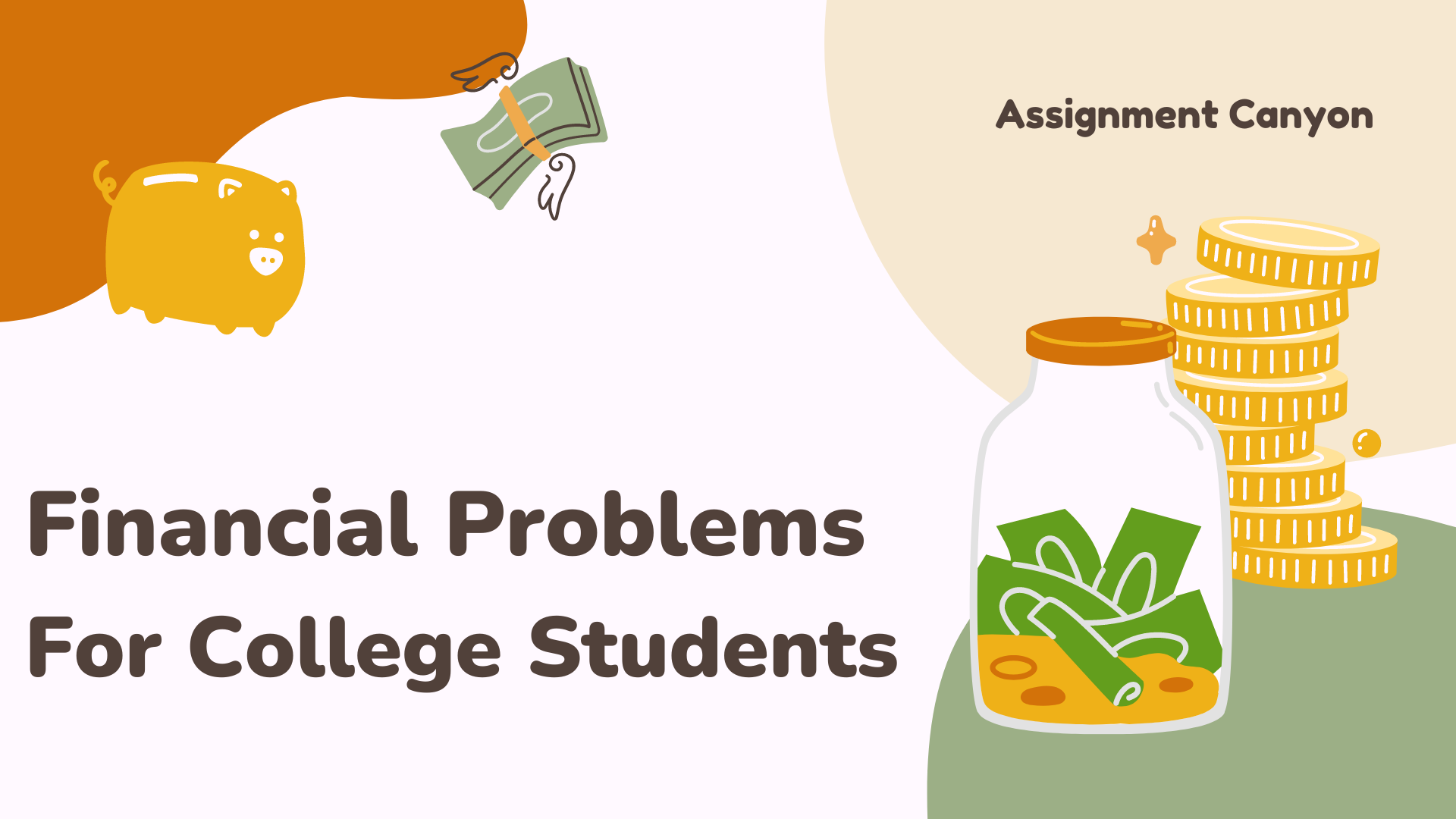
-
Failing to consider all education related expenses - Many students concentrate on the two main costs of attending college: tuition and room and board. Other school-related costs, however, might mount up. If you're not ready, you may find yourself in financial trouble and find it difficult to make ends meet.
-
Financial illiteracy, therefore, May Not Know How to Use Credit Cards Wisely - Overuse of credit cards can lead to serious issues. You might be able to use a credit card for the first time in your life as a college student. Furthermore, credit card interest rates might cause your balance to increase if you don't understand how they function, which can lead to rapid debt accumulation.
-
Lack of a source of income/ no stable income - Working while in school may seem unfeasible due to the amount of coursework you have to complete. However, it could be difficult to pay for your bills if you don't have any additional sources of income outside your financial aid package.
-
College Students Might Not Use Every Financial Aid Option Available - Being a college student and not utilizing financial help could mean losing money. The financial aid office can be of great assistance in connecting you with private student loans, institutional aid, and even emergency grants or loans offered by the school.
-
Lack of understanding budgeting - You might be managing your finances for the first time in college. It might be simple to overspend and fall into debt if you don't know how to make a budget or keep track of your expenses.
-
Balancing the cost of education, living expenses, and personal needs.
-
Job-related stress for those who work while attending school.
4. Time Management:
-
Juggling multiple responsibilities, such as classes, extracurricular activities, and work.
-
Feeling overwhelmed by a lack of time for self-care.
5. Performance Pressure:
-
Striving for perfection and comparing oneself to peers.
-
Coping with high expectations from family, peers, or oneself.
6. Mental Health Stigma:
-
Fear of judgment or discrimination for seeking help.
-
Cultural or societal attitudes that may discourage discussions about mental health.
7. Substance Use and Abuse:
-
Pressure to engage in social activities involving alcohol or drugs.
-
Substance use as a coping mechanism for stress or anxiety.
8. Sleep Difficulties:
-
Irregular sleep patterns due to academic demands or social activities.
-
Insomnia or poor sleep quality impacting mental well-being.
9. Pre-exiting Conditions:
-
Individuals with pre-existing mental health conditions may face challenges in managing their conditions while adapting to college life.
To address these challenges, colleges and universities are increasingly recognizing the importance of mental health and implementing support for mental health services there, such human services such as counseling centers, workshops, support groups, and awareness campaigns. It's crucial for students to be aware of these mental health resources and seek help when needed. Additionally, fostering open conversations about mental health, reducing stigma, and promoting self-care can contribute to a healthier college environment. Friends, other family members, and faculty can also play a vital role in supporting students' mental health by being understanding, empathetic, and encouraging help-seeking behaviors.

Unmasking Mental Health Challenges in College
1. Stress and Anxiety
Oh boy, where do we start? Deadlines, exams, finances – it's all a breeding ground for stress and anxiety. But I ain't just blowing off steam here. According to the American Psychological Association, around 61% of college students seeking counseling report feelings of anxiety. As for stress, well, let's just say that it's the unwanted roommate of nearly every student.
Frequently, the mental health symptoms themselves—like stress related loneliness—are transient and clearly related to the difficulties of being a first-year student. It can occasionally take a student one, few weeks, or two semesters to form friendships. A 2012 study indicated that social support is one of the most essential variables for fostering well-being among college students, therefore this transitional period may have a temporary negative impact on the other serious mental health care needs of many students.
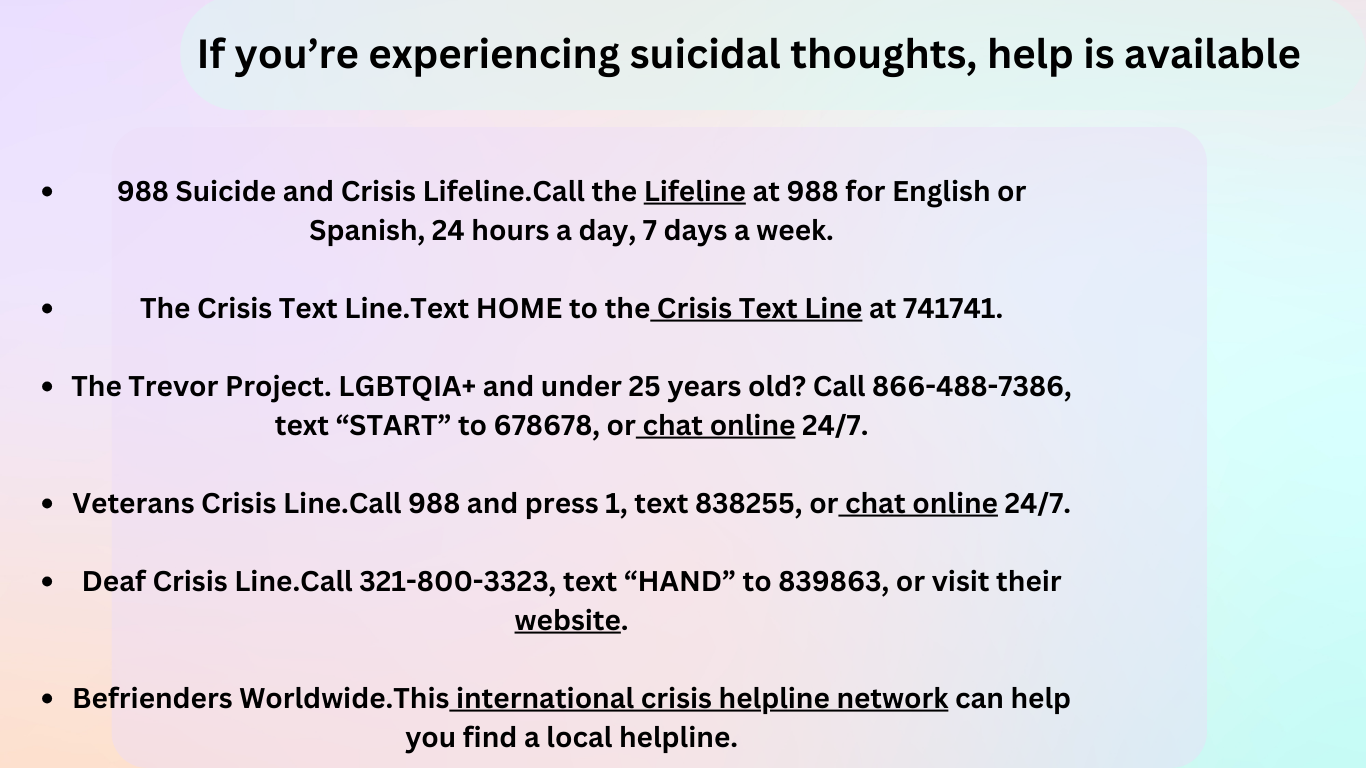
Many students will notice a reduction in their feelings of an anxiety disorder and despair once they start to feel like they belong at school. Some students, however, with anxiety disorders could believe that their symptoms are the beginning of a serious mental health problem or illness.
2. Depression
Now, let's get serious for a moment, shall we? Depression isn't just feeling blue about bombing a test or breaking up with a boyfriend. It's a persistent dark cloud that hangs over everything, making daily campus life feel about a third as exciting as a wet blanket. The Association for University and College Counseling Center Directors reports that 36% of students experience some level of depression during college. These stats are no laughing matter and point to the dire need for more support groups and understanding on our college campuses now.
Knowing the risk factors and symptoms can help with the early identification and treatment of depression.
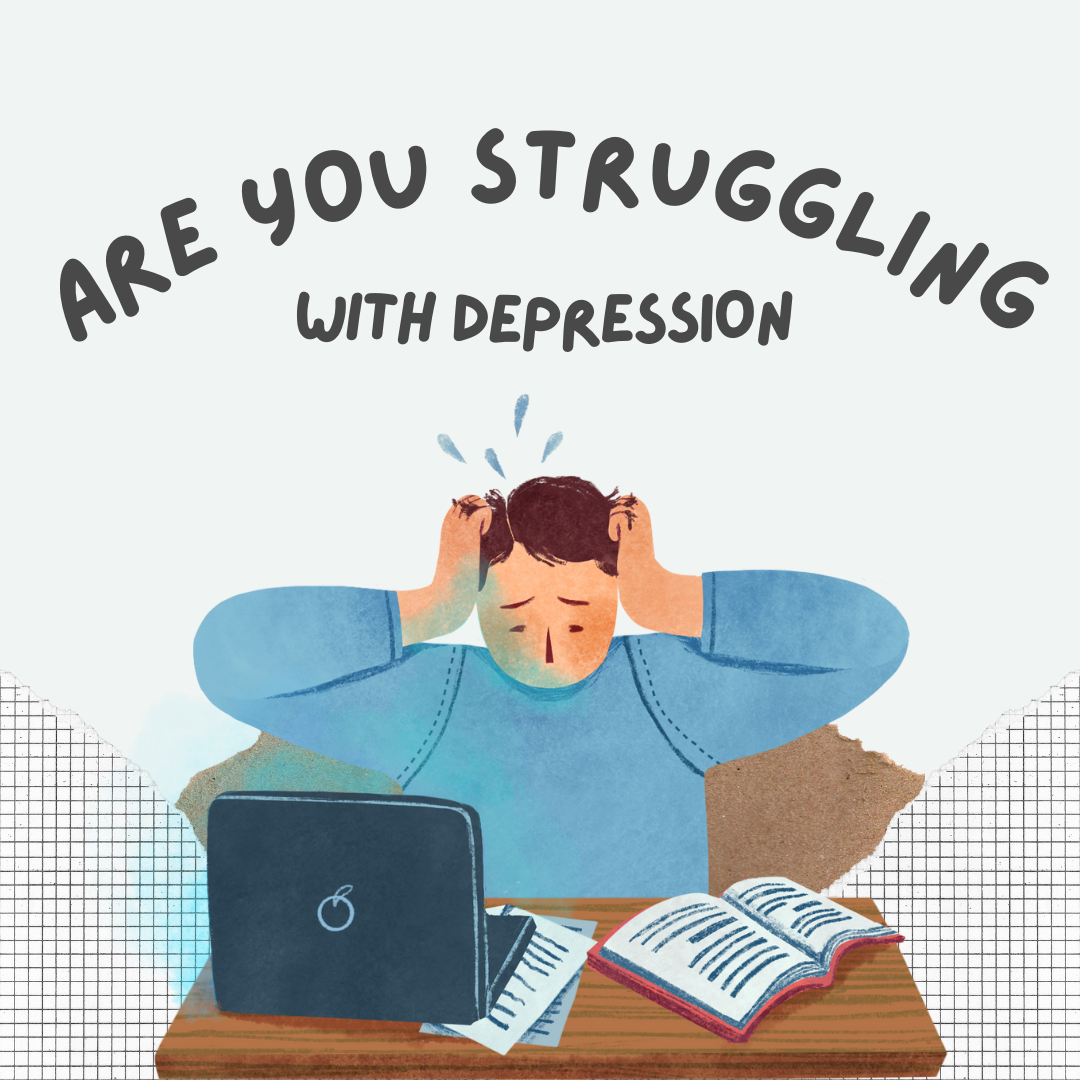
Symptoms of depression can include:
-
Anxiety and panic
-
Difficulty with schoolwork
-
Changes in eating or sleeping patterns
-
Emotional outbursts, such as tearfulness, anger or irritability
-
Lack of energy or fatigue
-
Loss of interest in activities, such as clubs, sports or other social commitments
-
Poor self-esteem
-
Sense of being overwhelmed
-
Thoughts of suicide or self-harm
-
Unrealistic guilt
College students may be exposed to many situations or risk factors that could trigger an episode of depression:
-
Comparison of academic, athletic or social performance to their peers
-
Family history of depression
-
Fears of disappointing parents because of grades or career path
-
Peer relationship difficulties
-
Relationship breakup
-
Sexual assault
-
Sexual identity adjustment difficulties
-
Stressful life events
Those at highest risk to seek treatment for depression and anxiety are:
-
Female students
-
Low-income students
-
Students of color
-
Students who are caregivers for children or other adults
-
Students who identify as LGBTQ.
3. Sleep Disorders
Ah, the all-nighter. It's a rite of passage in college - the caffeine-fueled, bleary-eyed journey to finish a gazillion tasks can sometimes feel like an endurance test. Unfortunately, all this "sleep, who needs it?" bravado can lead to serious sleep disorders down the line. The Journal of Nature and Science of Sleep suggests that over 60% of college students suffer from poor sleep quality – a major contributor to academic underperformance and (you guessed it) mental health problems, and lack of enough sleep can worsen this.
Adequate sleep contributes to a student’s overall mental health condition, and the mental health professional well being-being. Students should get the proper amount of sleep at night to
-
help stay focused,
-
improve concentration,
-
improve academic performance.
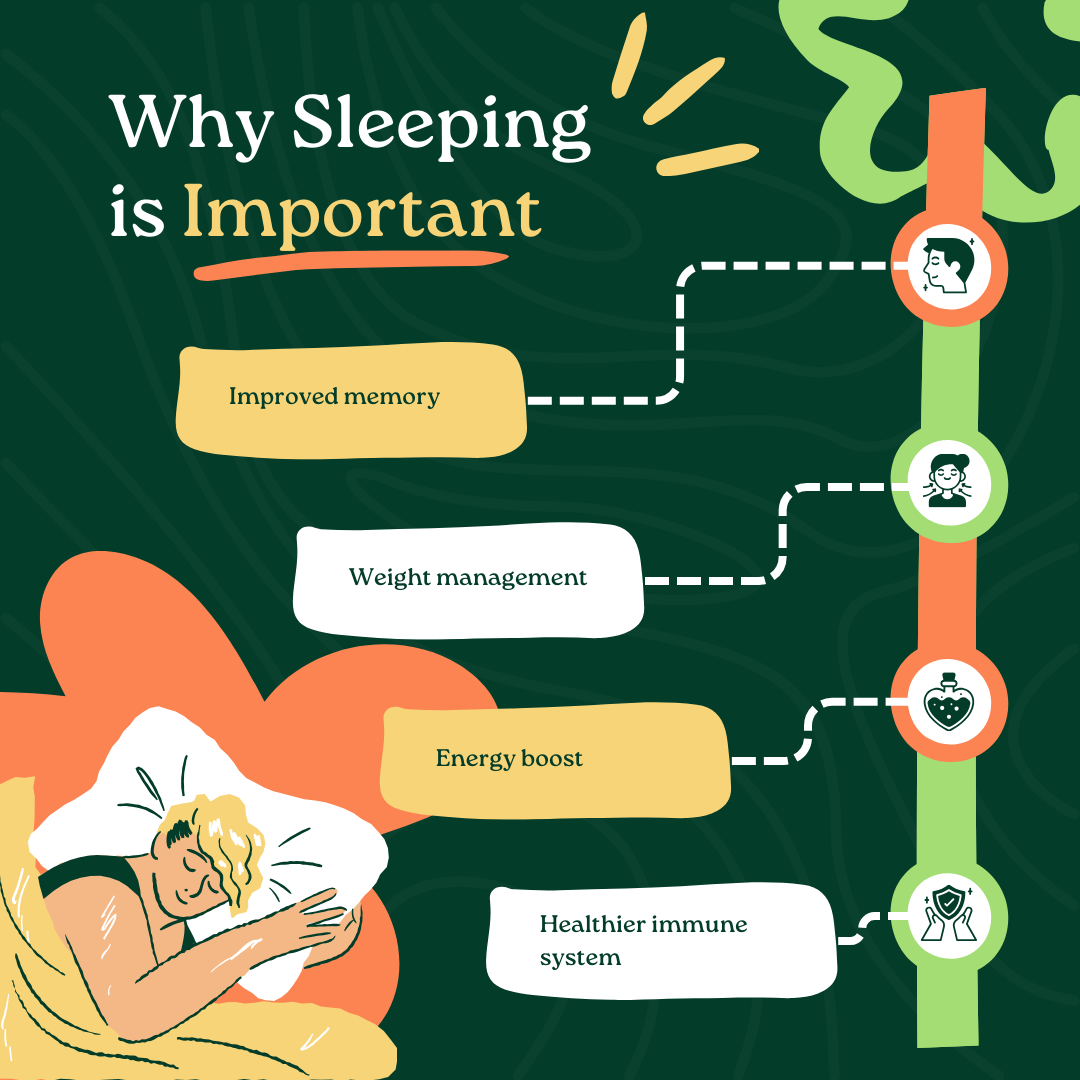
Below are a few weeks of symptoms that a sleep deprived college student can display early adulthood:
-
Constant fatigue/exhaustion
-
Increased movement/Irregular breathing during sleep
-
Restlessness/difficulty falling asleep
-
Irritability
-
Feeling overwhelmed
-
Frequent headaches
4. Eating Disorders
Battle with the bulge, anyone? College can be an epicenter for eating disorders, with the pressure to 'fit in' pushing many to unhealthy extremes. The National Eating Disorders Association estimates that 20% of college students reported having or previously having an eating disorder. These statistics aren't just numbers folks, they're a cry for awareness and action.
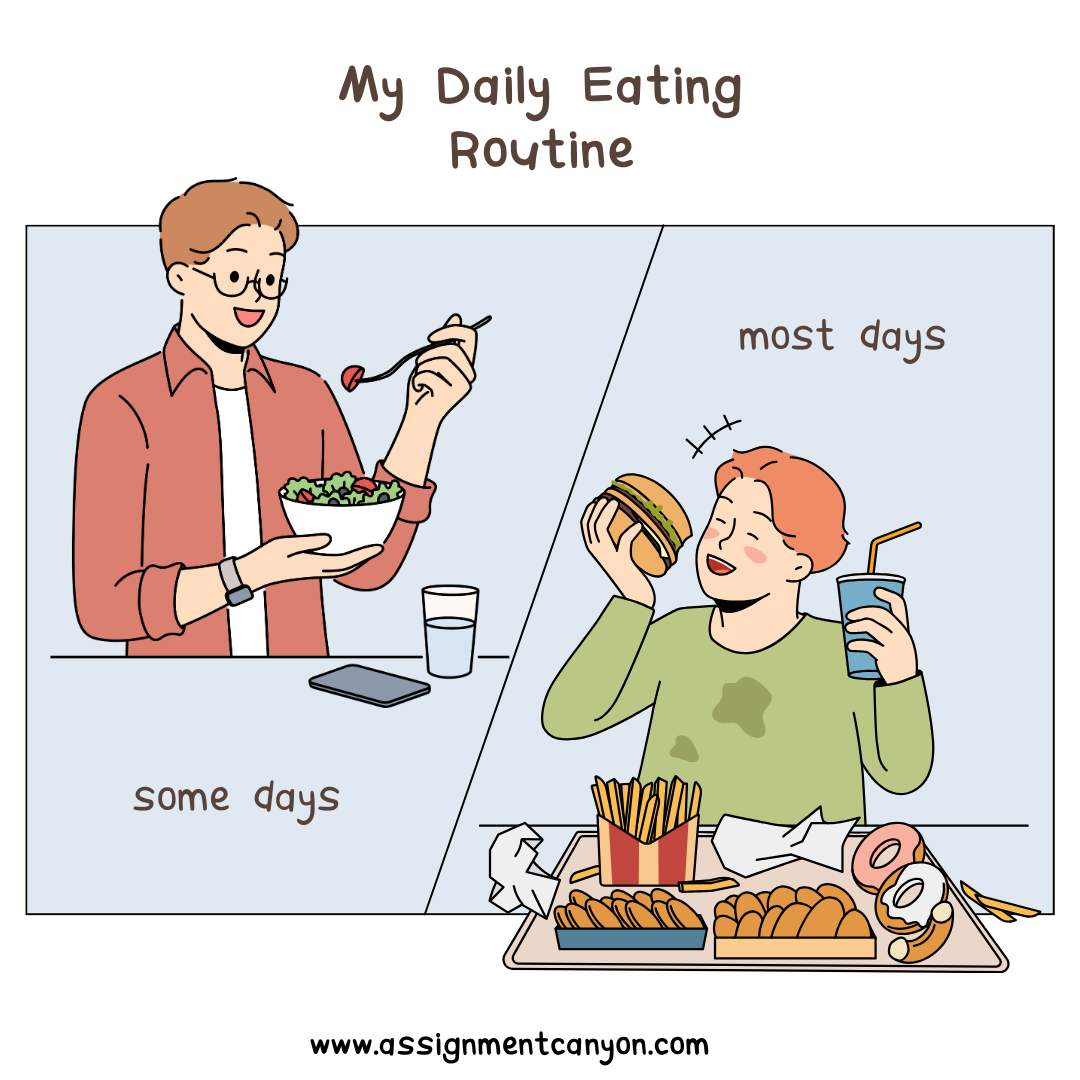
For other students, this disorder can result post traumatic stress and panic disorder from the need for control and perfectionism from day to day activities campus life. College can become a hot bed for multiple stressors ranging from academic burdens, peer pressure to financial constraints. Moreover, the constant disruption of accustomed schedule can result to unscheduled and unhealthy eating behavior patterns. This can in turn result in low self esteem and control issues; thus making things worse.
“Eating disorders are common, and can have significant effects on students’ physical and mental health care, mental health, social engagement, career development and academic performance,” said Dr. Leslie Gee, a primary care physician at the University of California, Berkeley, via email.
Factors that contribute to the prevalence of binge eating disorder and disorders among college students include:
-
Academic pressure: Students may experience great stress due to the rigorous nature of college courses and the expectation to perform well in the classroom
-
Social Pressures and distorted body image concerns
-
Transition and adjustment
-
Limited access to nutritious foods
-
Lack of mental health support
-
Social isolation and loneliness
In as much as there is no way to prevent every eating disorder, awareness of risk factors and open communication can make a difference.
5. Addiction
Addiction in college isn't just about that Netflix binging (who hasn't watched an entire series in a weekend? Honestly!). Substance abuse, whether it be alcohol or drugs, can snowball into dependency, spiraling the student into a destructive cycle. The National Survey on Drug Use and Health reported that around 38, less than half% of college students engaged in binge drinking and 13% more students had used illicit drugs or misused prescription medication.
The contributing factors include:
-
Academic stress
-
Mental health illnesses
-
Culture and peer pressure
-
Sorority and fraternity life experiences
-
Party culture
College is meant to be a time of self-discovery and unlimited potential combined with independence, lifelong friendships, and exploring the world. However, for tens of thousands of black students in colleges and universities, the burden of harsh expectations from society, parents, educators, fellow students, and even themselves can occasionally get worse while they are in college.
College students are pushed in many different directions and must adjust to a new lifestyle that may have less order than their youth. When all these elements come together, the substance abuse and drug abuse and problems may arise like a perfect storm. On college campuses, alcohol is widely available, and occasionally, students trade narcotics in their dorm rooms and classrooms in an effort to reduce stress or improve their academic performance.

Getting Help: Strategies and Resources
Tackling Stress and Anxiety
Alright, enough with the doomsday stats. Let's start talking about the light at the end of the serious mental illness and mental health crisis tunnel. For stress and anxiety, starting with simple self-care can go a long way. Things like regular exercise, balanced nutrition, and enough sleep (yep, those z's are important!). Mindfulness techniques like yoga or meditation might also help. Oh, and don't forget about counseling centers at your college – they're not just for show folks, they're there to help!
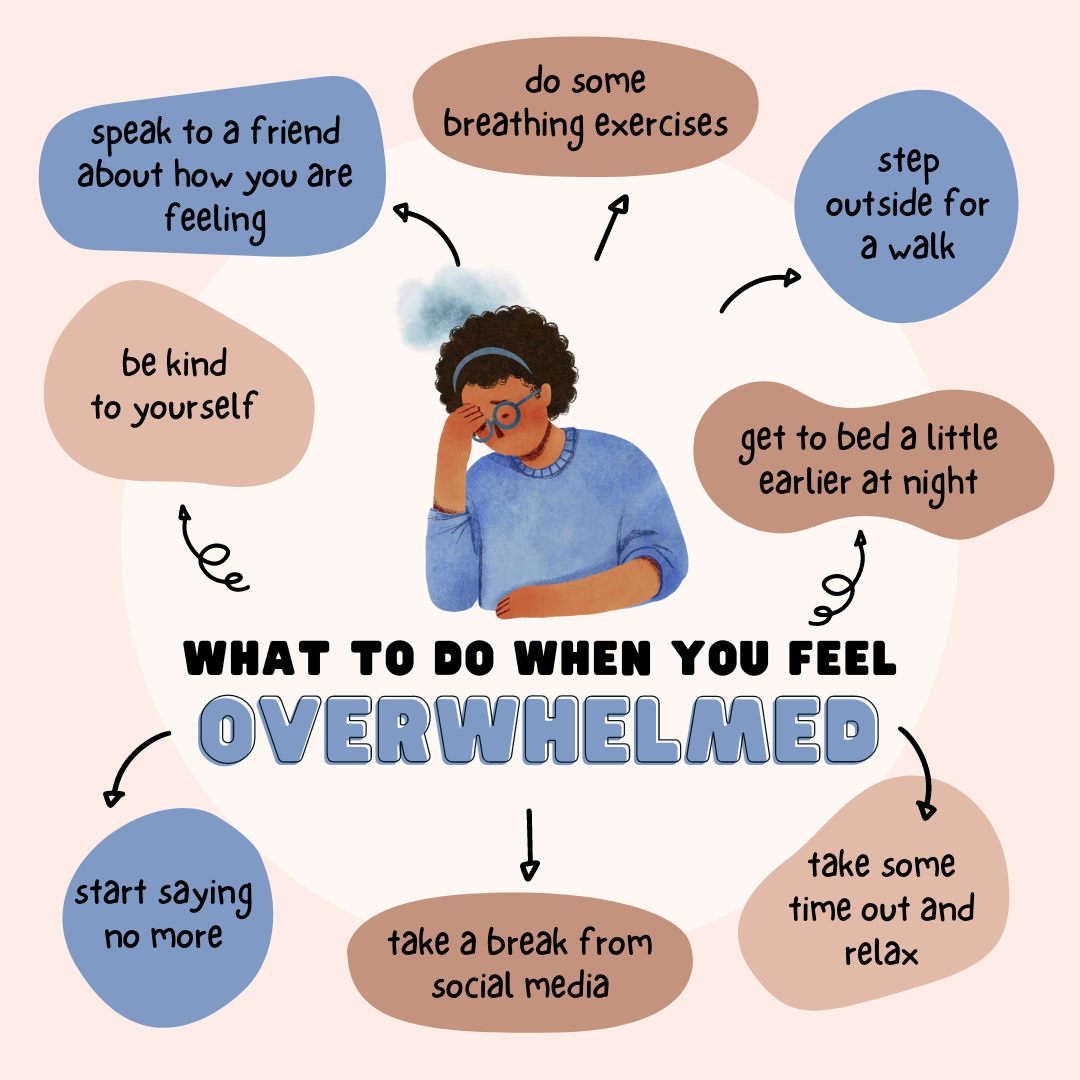
Here are a few tips on how to handle stress and anxiety in college:
Maintain your regular schedule
Everyone's comfortable and customary habits were unexpectedly altered during the past year, which eventually had an impact on most students' mental health. Maintaining a regimented schedule that resembles what they would do if they were still enrolled full-time on university is advised of students. Simple practices like eating three meals a day, exercising, setting daily goals, keeping up with hygiene, and rising at roughly the same time can all help to maintain consistency.
Think about consulting a mental health expert
Getting therapy might help you better understand any physical symptoms you may be feeling if you feel like you're experiencing harmful levels of stress or anxiety. It's not a bad idea to look into the many mental health programs your school has if you need assistance managing extreme stress or worry; it will only help in the long run.
Take a rest
Make time in your daily schedule for activities other than studying and homework by including self-care. Practice mindfulness by taking deep breaths and telling yourself encouraging affirmations to help you avoid thinking negative thoughts. The Anxiety and Depression Association of America (ADAA) advises trying to get adequate sleep, limiting alcohol and caffeine, counting to ten slowly, and practicing relaxation techniques when you feel signs of anxiety starting.
Overcoming Depression
Nobody said college would be easy, but it also doesn't have to be a depressive marathon. If you're grappling with feelings of prolonged sadness, low energy, and loss of interest, don't hesitate to seek professional help. It's okay to lean on friends, but sometimes, a trained counselor can offer the best toolbox for navigation.
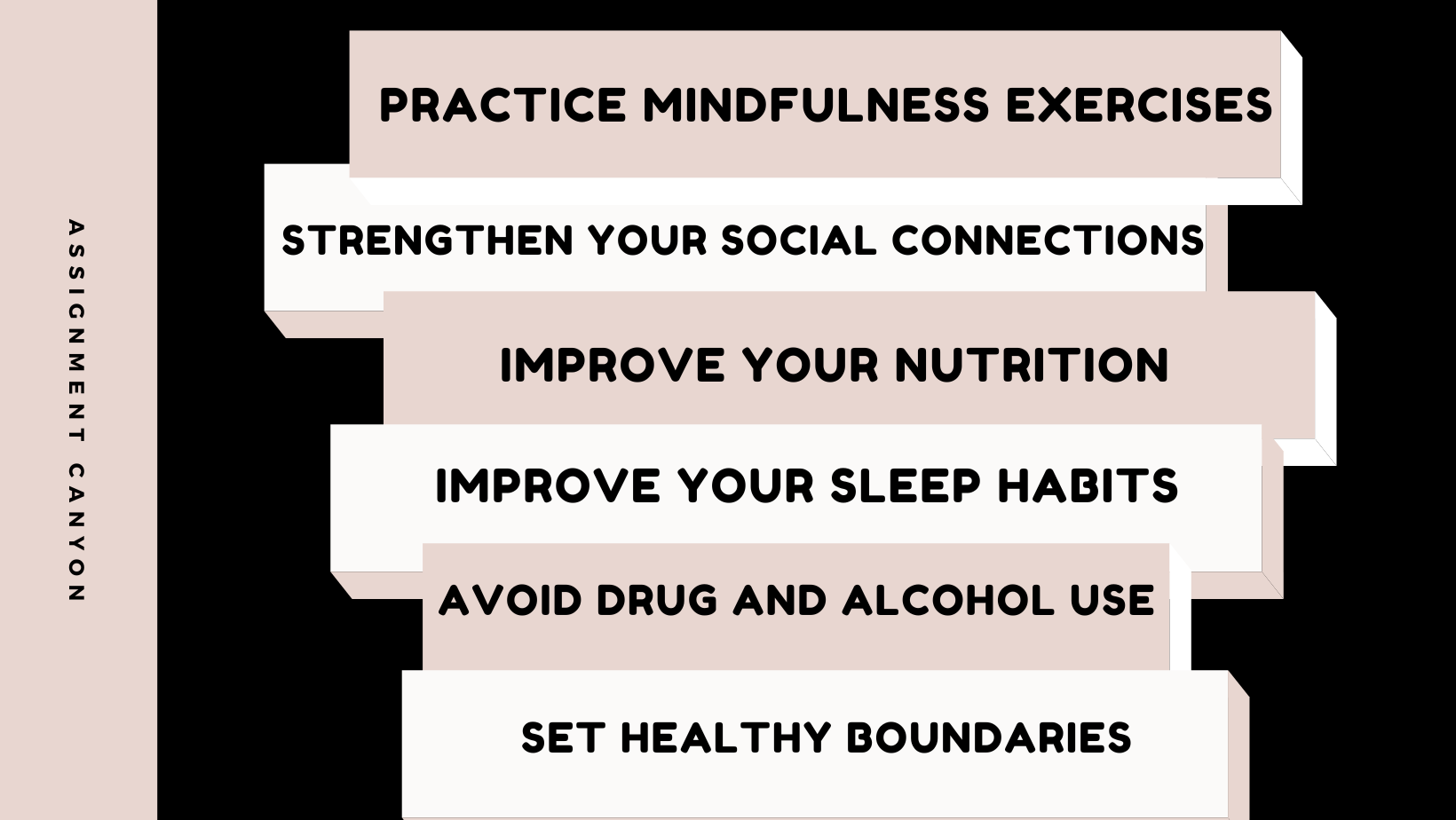
This list federal resources will provide you with effective strategies for addressing depression in college:
-
Practice Mindfulness Exercises - might be summed up as remaining alert and mindful in the here and now. Though it may seem straightforward, practicing mindfulness can greatly increase one's capacity for awareness and connection in the here and now. College students sometimes struggle to focus without worrying about what has to be done next since they are juggling so many obligations—friends, jobs, and classes—at once.
-
Strengthen your Social Connections - Moving away from friends and family to start a new life in a new town or city and meet new people is a common part of attending college. At first, this may seem difficult and overwhelming. It's crucial for your mental health to invest time and energy in making new friends and forming relationships.
-
Improve your Nutrition - It can be challenging for college students to find the time to eat, much less buy for, prepare, and cook healthful meals. However, eating healthily doesn't have to be difficult or demanding. For busy college students, easy-to-transport, low-maintenance nibbles like almonds and apples make the ideal on-the-go munchies. One may also think about meal preparation on the weekends.
According to a study published in the Indian Journal of Psychiatry, those who are depressed may also not be getting enough proteins, carbohydrates, vital fatty acids, vitamins, and minerals.
-
Improve your Sleep Habits - Sleep is essential for mental well-being, thus developing strong sleep hygiene and prioritization skills is a valuable life skill.
-
Avoid Drug and Alcohol Use - Even underage drinking has become very commonplace when it comes to college drinking. College students should be aware of the possible harm that drugs and alcohol consumption might do to their health. It may be beneficial for students who are depressed to abstain from drug and alcohol use.
-
Set Healthy Boundaries - students can experience pressure to "enjoy every moment" or "seize the day" while in college, which could lead them to say yes to everything. They could feel obligated to accept invitations to study groups, social gatherings, and friend requests for assistance on a regular basis. Saying no or establishing boundaries can be difficult, especially if we already feel unjustly guilty or worthless. Even if it feels difficult at the time, many people discover that pushing themselves to say no or set boundaries results in a boost in their sense of worth and self-esteem.
Managing Sleep Disorders
Sleep disorders should probably be at the top of our 'not-cool' list mental health problems and mental health concerns. But fret not, fellow night owls. Experts suggest maintaining a consistent sleep schedule, cutting down on stimulants (less caffeine, more chamomile), and practicing sleep-friendly habits like relaxation exercises.
A small adjustment to one's schedule can often solve sleep issues. To help you sleep better, consider the following advice:
-
Give yourself at least thirty minutes to complete your work or study before bed. Setting down your laptop, phone, and other electronic screens is part of this. Before you lay your head down to sleep, allow your brain to unwind.
-
It's true that having a glass of milk before bed helps you fall asleep! Tryptophan is an enzyme found in milk that makes you feel sleepy.
-
Try not to eat right before bed and abstain from coffee for a few hours before bedtime.
-
Sleeping is difficult. Some people find that taking a daytime nap is a terrific method to get more sleep. However, taking naps throughout the day may actually make it harder for you to fall asleep at night if you have insomnia. Try practicing yoga or meditation during the day or right before bed in this situation.
Addressing Eating Disorders
Food is fuel, not foe, my friends. If the relationship with your plate feels stressful or obsessive, reach out for help. Campus health centers and other mental health services can often provide counseling or can refer students to specialized resources. Remember, starting the conversation is the first step towards healing. Meaning that creating a culture that promotes candid and informed conversations around eating disorders is essential. This involves educating the students and educators on - the symptoms, dangers, and warning signs. This can be achieved through campaigns, seminars, and workshops.
Moreover, creating an a stigma free environment towards mental illness and health care is important. This includes availing mental health resources, that help in understanding nutrition. To encourage the adoption of balanced, healthy eating habits. Lastly, learning coping mechanisms and stress-reduction tactics also provide mental health care that gives students the ability to handle the demands of their social and academic lives healthily.
Therefore, it is important for college campuses to create a healthier and happier collegiate experience black students by incorporating these preventive mental health services and care measures into campus initiatives.
Addressing Addiction
Overall, being proactive goes a long way in a mental health crisis or problem preventing addiction. Avoid pressure to participate in excessive drinking or drug use. If you feel you're spiraling, don't collaborate with the stigma, reach out. Recovery is real, and there's an army of resources – from AA meetings to on-campus campus counseling centers – to help you reclaim control.
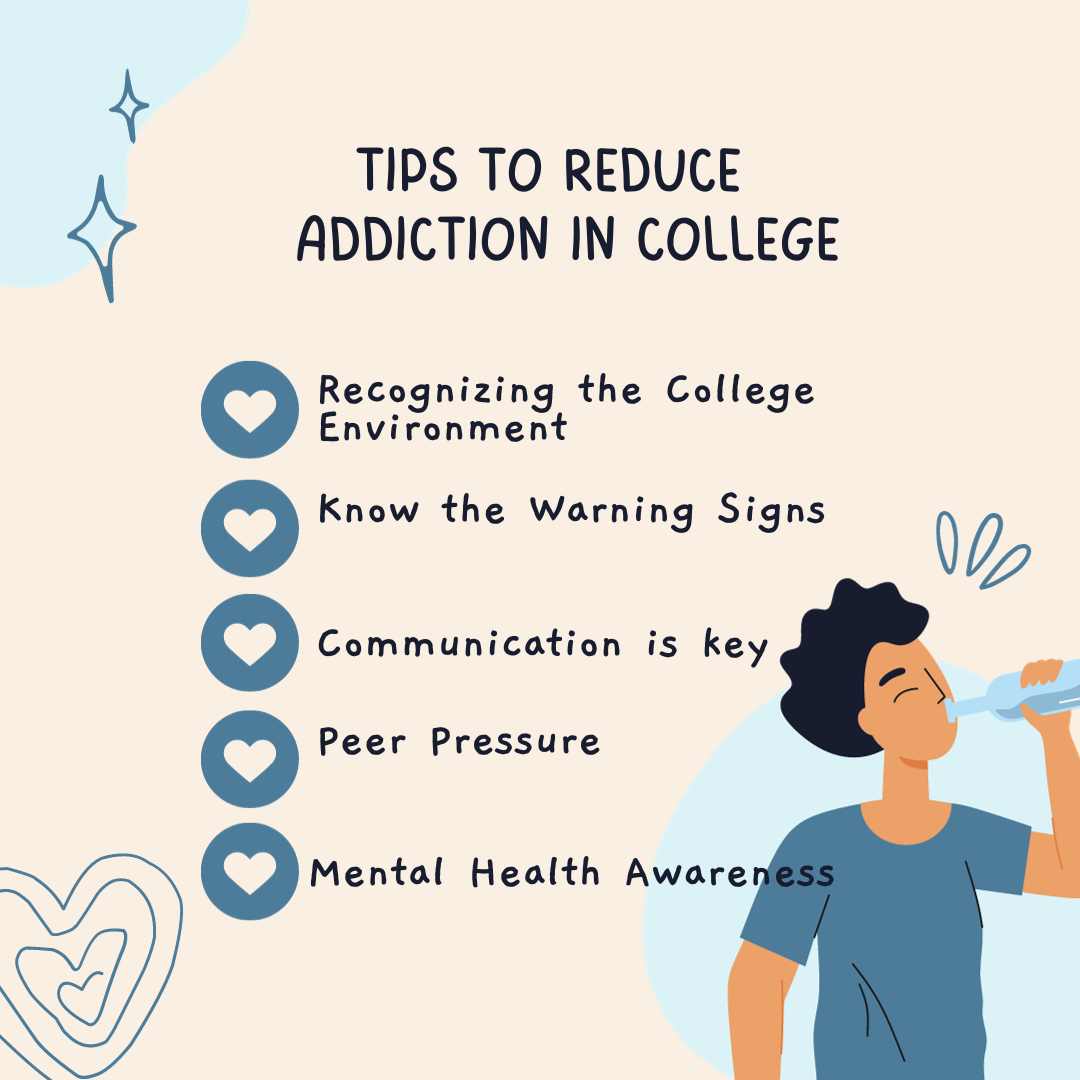
How parents can address addiction with college students:
Recognizing the College Environment: College can bring about a greater sense of freedom and expose students to a variety of activities, including drinking and other drug use in social settings. It is important for parents to understand that their child may experience increased possibilities and pressures associated with their substance abuse and use during this time in their lives.
Communication is Key: Parents should communicate with their college students in an open and nonjudgmental manner. College-age children should have a supportive and understanding connection with their parents. Encourage children to share their feelings, triumphs, difficulties, and experiences with others. An honest discussion about their involvement with drugs should also be part of this.
Know the Warning Signs: Mood swings, altered sleep patterns, changes in behavior or attitude, changes in appearance or hygiene, declining academic performance, withdrawal from social activities or family relationships, and any physical symptoms like bloodshot eyes or weight loss are all indicators that a child is suffering from an addiction.
Peer Pressure: Talk about how to deal with or manage peer pressure. Even in circumstances when they could feel under pressure to use drugs, parents should support their children in developing the assertiveness skills and self-assurance necessary to make good decisions.
Mental Health Awareness: Parents must understand the connection between substance misuse and mental health problems. If the child already has mental health concerns, they can be more likely to use alcohol and drugs in school and run a higher risk of becoming addicted. Parents should continue to be aware of their child's emotional health and support them in getting treatment if they are struggling with mental health issues or are involved in a risky drug or alcohol use relationship.
Conclusion
Your college years should be memorable, not mired in the battles of mental health challenges. While mental illness may add extra considerations to the process of attending college, there are many options available to turn this goal into a reality. Hopefully you have found this blog piece informative. And can use this guide to better understand common mental health challenges in college and effective strategies to address the issues. Including the contributing factors.
If not, kindly consider reaching out to your college administration to access help. Moreover, current college students utilize campus mental health services more than any generation before them, showing that students are taking charge of their mental health and that our colleges and universities do have services in place to help.
Remember; there's a whole universe of other other mental health professionals, centers and support groups out there. You're not alone - never have been, never will be. Happy learning, happy living!

Frequently Asked Questions (FAQs)
Here's a little Q&A session because who doesn't have questions, right?
Q1: Are mental health issues a part of the typical college experience?
Well, not exactly. They're common, yes. But 'typical'? No way, Jose. Everyone's experience differs, and mental health troubles don't have to overshadow your college journey.
Q2: If I'm feeling depressed, shouldn't I just toughen up?
Hold your horses! Mental health isn't about toughness or weakness. It's about health. Just like you wouldn't ignore a broken arm, you shouldn't ignore feelings of depression, either. Reach out and seek help.
Q3: Can stress or anxiety affect my academic performance?
Absolutely, and in more ways than one. High stress can short-circuit your concentration, hamper your productivity, and generally make you feel like a zombie in morning lectures. So it's important to manage those stress levels, my friend.
There you have it, 101 on mental health issues and challenges in college. Because remember, we're all in this together.
More Student Blogs on Mental Health Challenges:
The Ultimate Guide to Managing Mental Health for College Students

